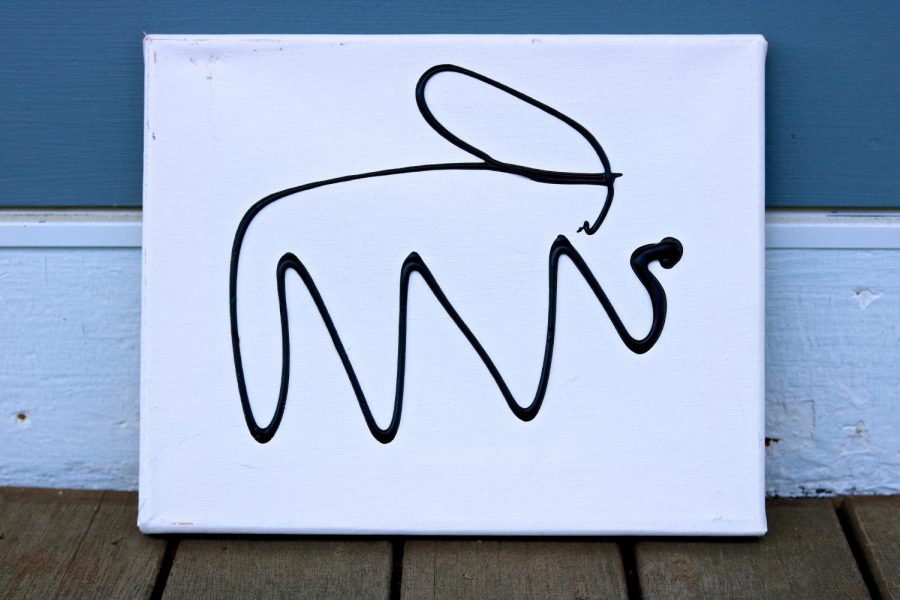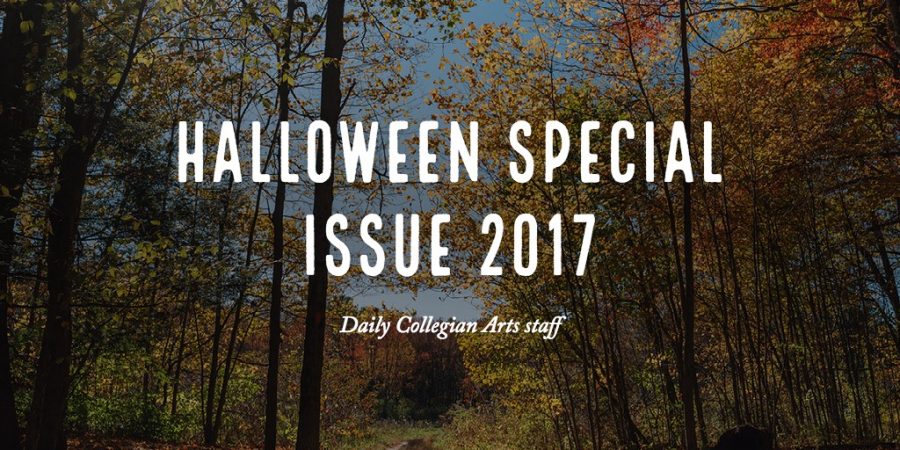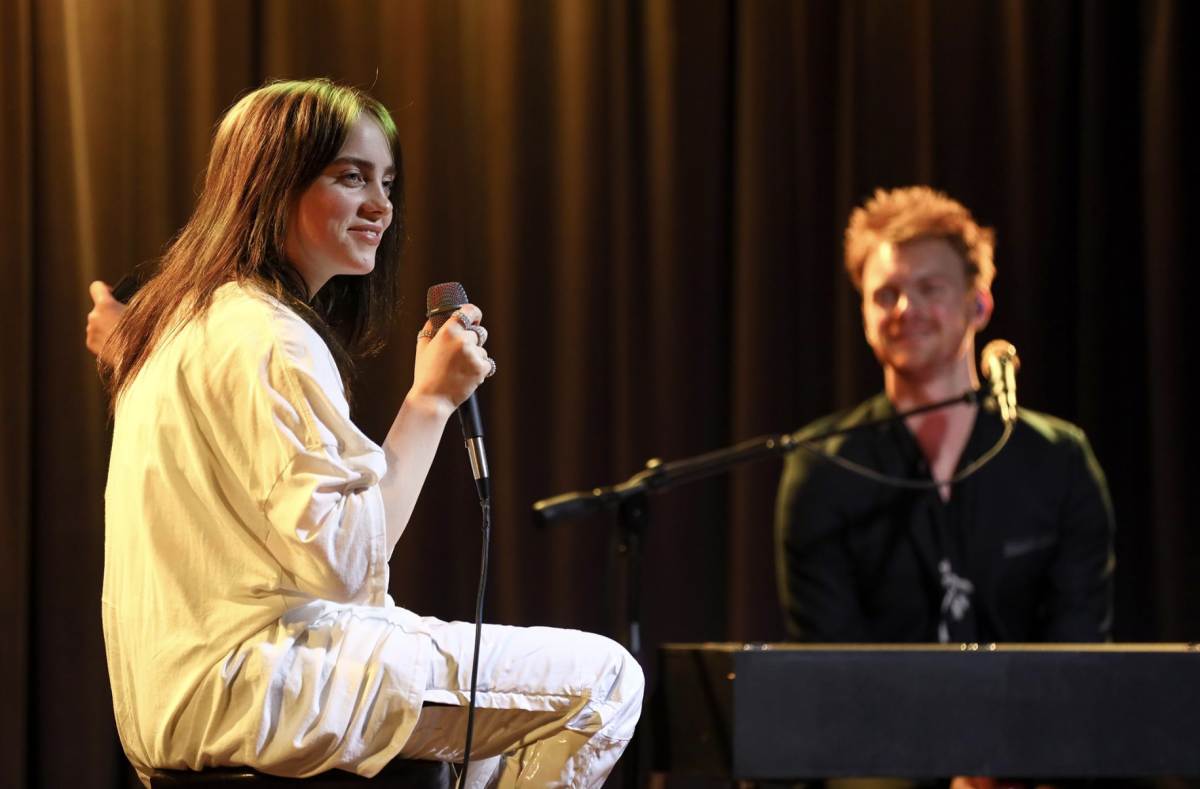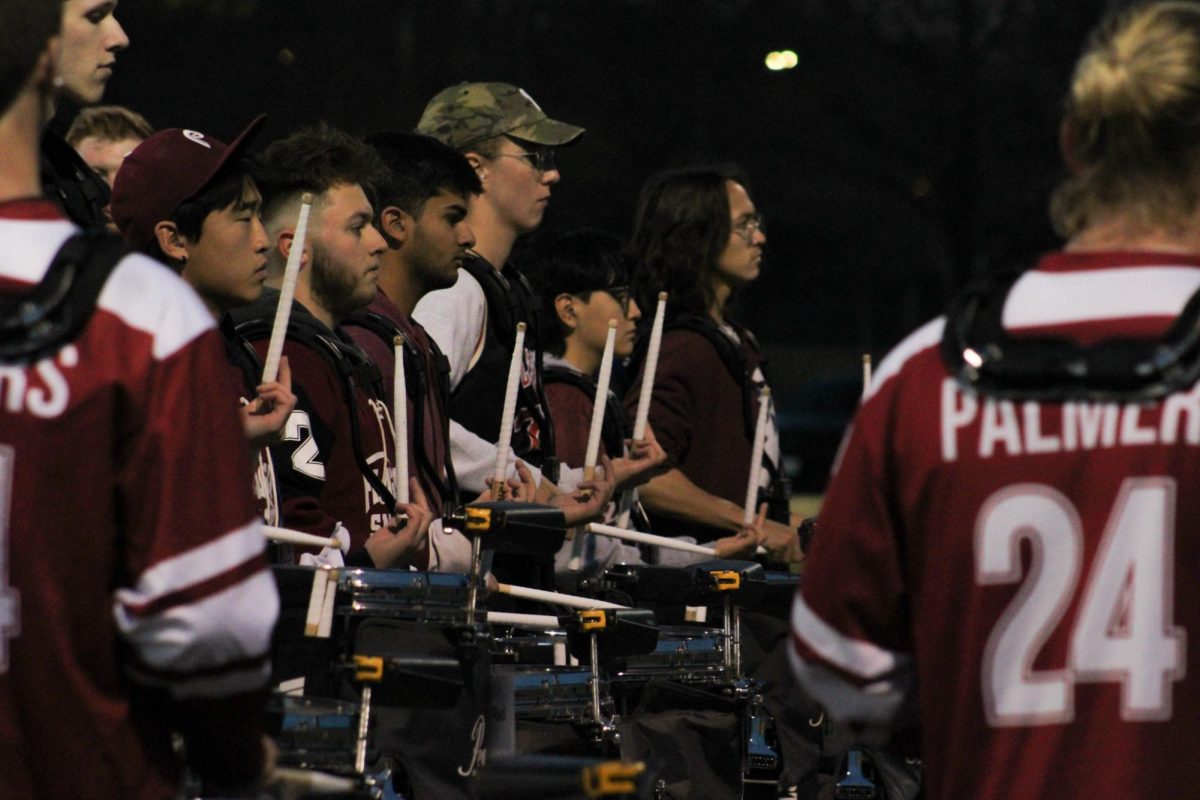Mallory and its Do-It-Yourself subculture rips the screws out of the capitalist machine. Since the 1970s, DIY culture has pitted itself against the materialist dogma. In a world where music is all about advertising and big labels, Niko Para, Justin Fallon and Andre Ricard of Mallory say “no thanks – we can handle this ourselves.”
Swimming against the current of mainstream music may be difficult at times, but for Mallory, it’s nothing short of fulfilling. Because of their modern incarnation to DIY musical approach, it’s also difficult to whittle their sound down to a specific genre. It’s a moral dilemma to narrow their sound down, however, the band agrees that they fit into certain genres, including blue grass, folk, DIY and punk. Older people have told the band that they sound like “really aggressive folk.” However, Ricard explains that although they fit into these “genres,” it doesn’t really describe what they sound like.
What they do sound like may not fit a recipe, but it sure tastes good.
With all members playing all instruments – ranging from banjo, guitar, bass, drums and recordings (with the exception of Para who is the only one who plays accordion), you can hear the oneness within their music.
That same oneness heard in the final product is put into the creation of every song. The band describes their song writing process as a type of synthesis.
“Whenever we get together to write songs, we end up bringing different songs we’ve written on our own to the table. Although each song as a primary song writer, it gets changed by the other people’s opinions. They’re all collective efforts.”
Having just written a song before their appearance on WMUA’s Sweet Baby Lou and the Reverends of Funk from midnight to 2 a.m., Fallon explains that his song “Someone Else’s Eden” wasn’t very good until he brought it to his band mates. “They just feel incomplete until we sit down together and figure them out,” he said. Played live for the first time on air in WMUA’s studio, “Someone Else’s Eden” is a song about displacement. However, the song itself seems to know exactly where it belongs with its escalating spirit and harmonic chanting.
For Mallory, dealing with issues of displacement seems to take a backseat to issues of dislocation. With Ricard living in Providence, RI, the band’s biggest obstacle is being in the same place at the same time. No matter what though, they figure it out – keeping their DIY vibe strong. “Mostly I just come back through various means. Niko has had to come to pick me up before or I’ve had to hitchhike. We just make it happen,” Ricard said.
Now on a break from school, Ricard has united with the rest of the band to record their new album, “Strange Homes.” They consider this album to be the best in terms of representing the culture they hail from. They also consider it to be their most cohesive, in terms of exemplifying the values they strive to live out.
Those values – the values of DIY culture – are vital to the band’s composition. Without throwing around a lofty list of adjectives to describe exactly what that means, they explained it as “common values.”
“It’s all about doing it yourself and everything that applies to that. It’s about not participating in capitalism and consumerism,” Ricard said.
One of the ways the band likes to practice what they preach is embodied in their touring process. The first tour they ever went on was a bike tour. This is not to be confused with a motorcycle tour. “We’re talking two wheels and two pedals,” said Ricard. “We’re also talking from Boston to New York City.” Touring with Grex, a fellow DYI inspired band, Mallory biked 340 some-odd miles from city to city, averaging 60 to 70 miles a day with their instruments strapped on tight.
The very thought of that kind of hardcore do-it-yourselfing is enough to make the typical load-up-the-van-type musicians cringe. The sheer thought of playing a show after that kind of marathon seems ludicrous, but Mallory disagrees.
“You have the most energy for shows after biking. You’re so amped. It’s not draining at all,” Ricard said. However, they agree that mornings can be draining when there’s another 60 miles of road staring them in the face.
They love it, though. So much so that they’re planning on another bike tour this summer. “We’re going to give ourselves a break this time,” they admitted. “We’re going to average 30 to 40 miles a day instead of 60/70 and space out our shows to every couple of days.” This one will be even longer – taking them all the way to Washington, D.C.
Mallory also plans on embarking on two other tours this summer, along with the bike tour. One will be a northern tour and the other will be a cross country tour that will span from Texas, California, Arizona, through Louisiana and then up the East Coast.
This is all made possible because of the same culture that the music is part of. Because Mallory doesn’t advertise or use any form of capitalistic endorsement, their culture makes their touring possible. Fallon explains that there’s a “cool little circuit of musicians that’s developed that all get each other shows and help each other out and go on tours.”
“The kind of music we play is specific enough and often backed by a lifestyle. I’d even go so far as to call it a culture. It’s small enough of a community, yet still international. Basically, if you’re within the culture and within this community and act as an active participant, then we can basically just go to the West Coast and be like: We do this,” said Ricard.
With pipe dreams of a European tour, Mallory goes to where the culture takes them. Most importantly, it’s taken them to a new level within the realm of music. It’s becomes more about community and networking then about only music. It’s a collective – it transcends sound.
“We don’t want it to just be music and just be albums. It’s important to us that it’s about what we’re doing and when we go play somewhere. It’s about what the people are doing there. We want to help out and be part of that community. We want to include as much art and as much poetry and all the other things we do as well. It’s more of a project and portfolio,” they said.
To be part of this movement, community and experience, do it yourself and contact the band. They’ll play basically anywhere – an aspect they consider to be one of their most important. To get in contact with them, check out their web site malloryband.org.
Leigh Greaney can be reached at [email protected].














